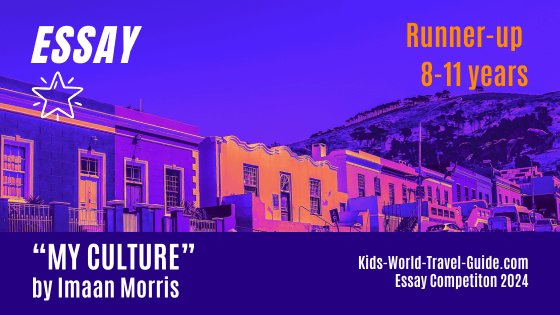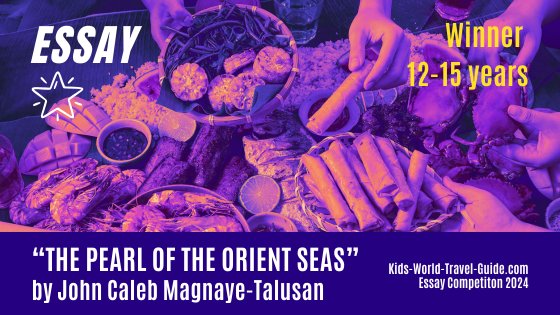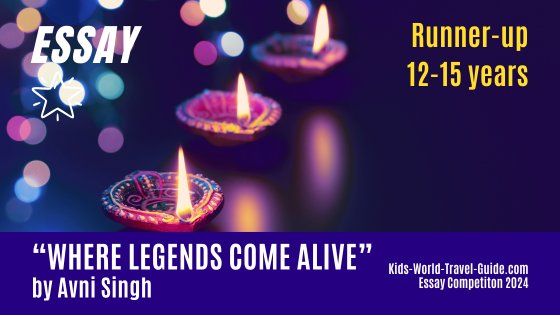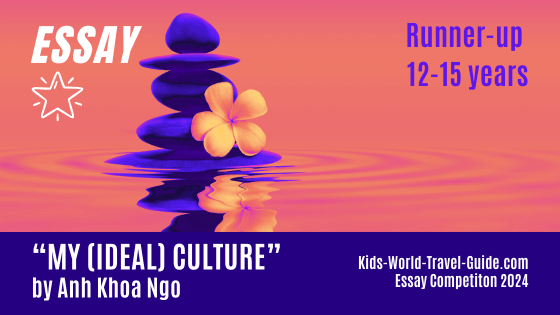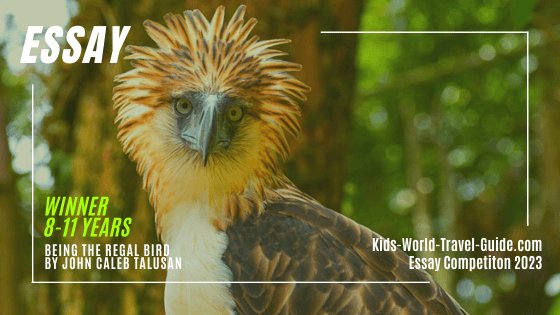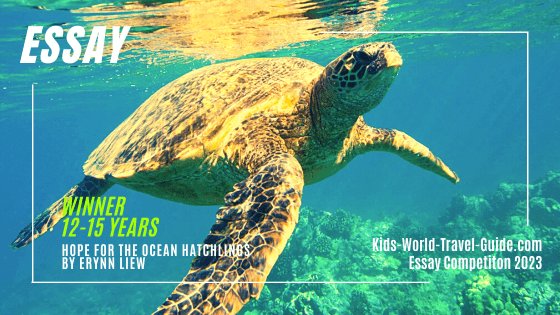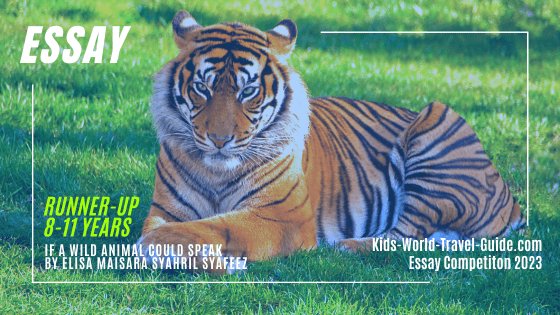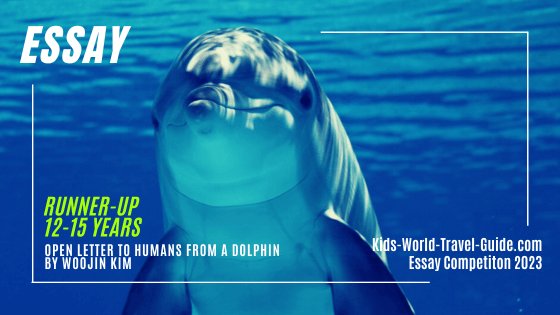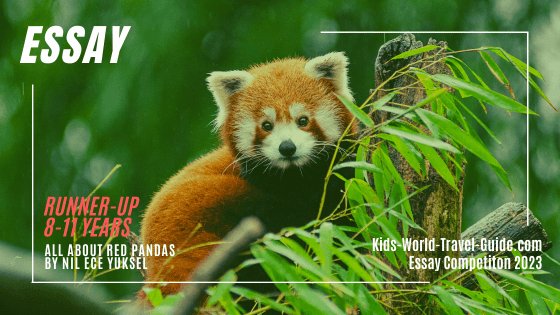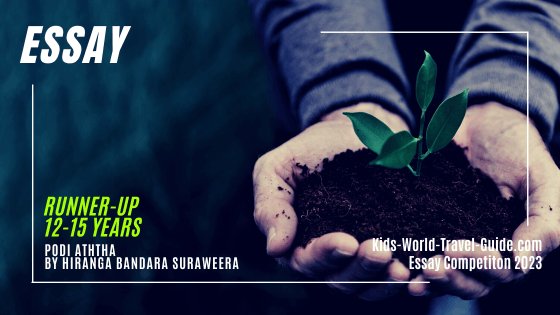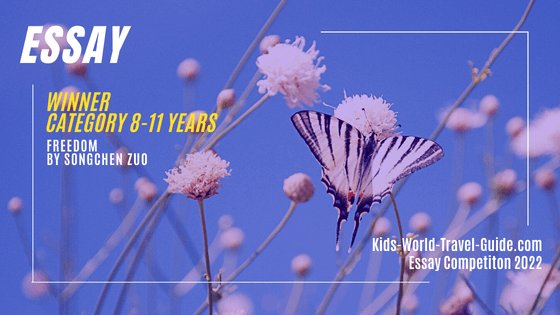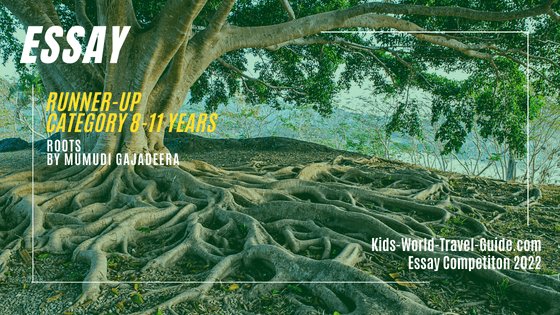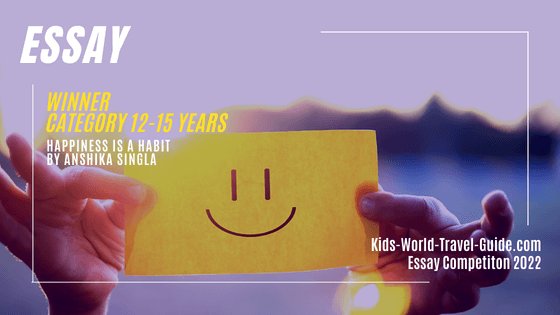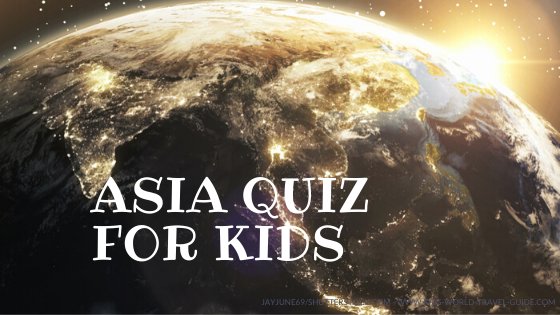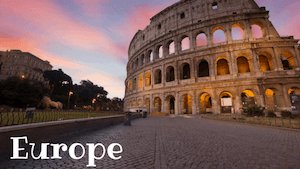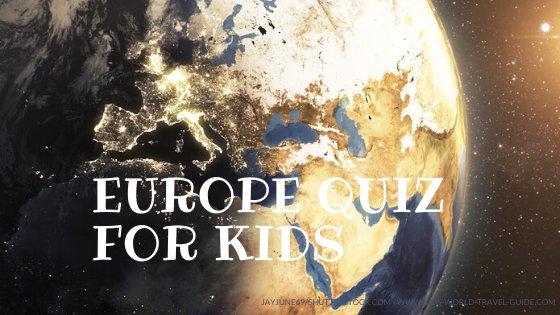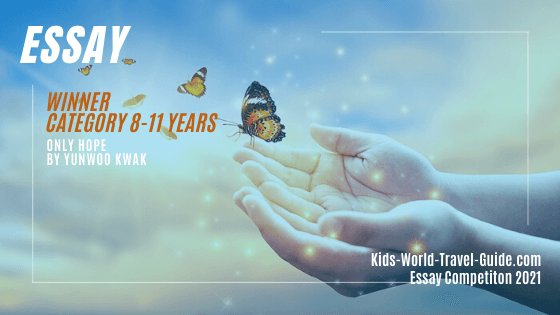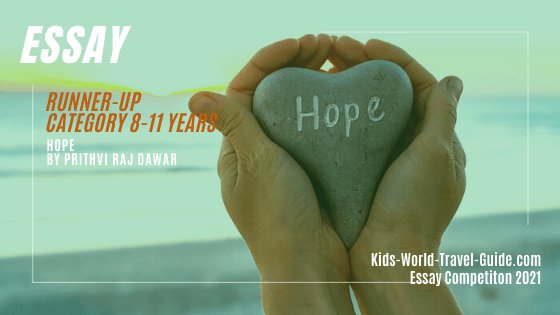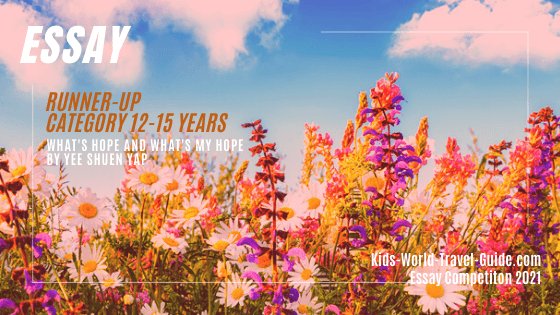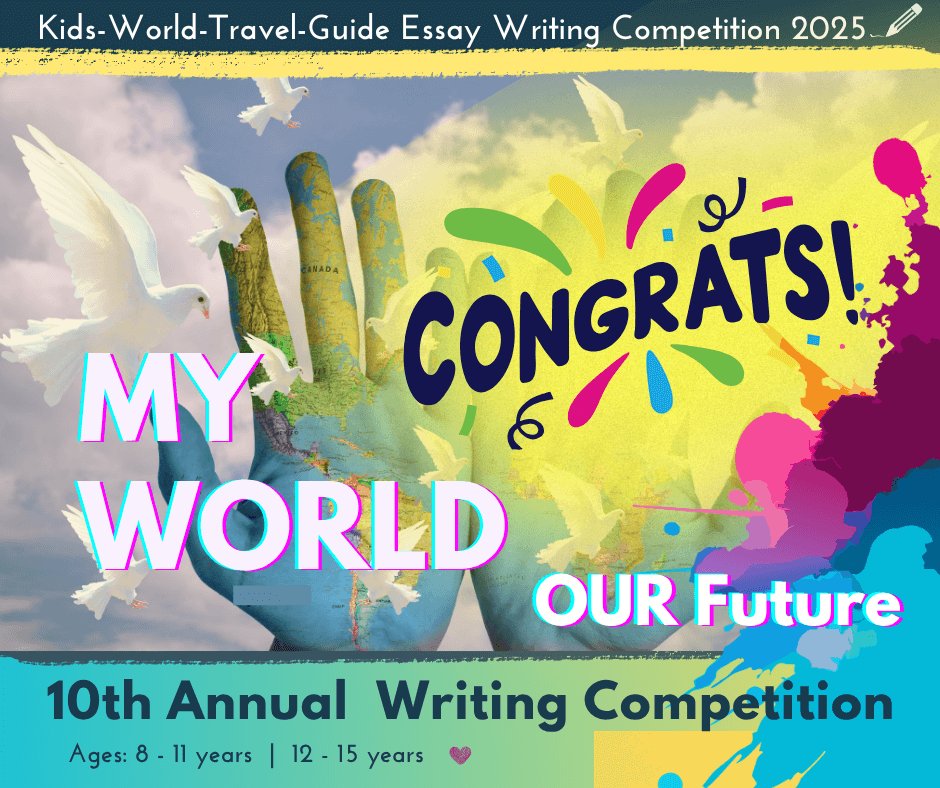- Homepage
- Wildlife Conservation
Wildlife Conservation
Essay

Commended Entry: "Global Attempts at Wildlife Conservation" by Amna Malik from Saudi Arabia
This article was submitted in the Kids World Travel Guide Essay Competition 2023 in the Senior Category 12 - 15 years.
Global Attempts At Wildlife Conservation
Wildlife conservation: Reality or Mirage? Wildlife. Man’s last authentic treasure or a decaying piece of destruction on the brink of extinction? Something man is passionate about or an object that he moulds with his unworthy hands in order to satisfy his own desire?
Do we really have 'wildlife' anymore? Take zoos for example. What are they? Now, I am not one to say that zoos are detrimental to animals and cause them harm, because that would be unjust. Zoos have saved thousands of animals from the dangers they face in their natural habitats. But it’s more than that. Now it’s not all negative, there’s a flip side to this approach. Wildlife conservation also has its advantages.
There have been many significant and small changes over the last few decades that have helped wildlife conservation in some way. An example of this is how Cambodia is enhancing sustainable livelihoods in the forests and protecting Asian Elephants. By liberating them from toxic areas they derive from, and risk of endangerment, it helps them live free from the disconcerting feeling they constantly feel.
Famous wildlife conservationist, Rachel Carson once wrote, "The real wealth of the Nation lies in the resources of the earth - soil, water, forests, minerals, and wildlife." This means that if we continue to help animals, by just sacrificing time and money into animal welfare, we can still see a future with our planet’s wealth of undisputed beauty. In addition to limiting and isolating an animal's inherent impulses, cages are a dismal reflection of our civilisation. Zoos may be seen as an act of wildlife conservation, but are they really though? Animals are confined in cells, which deprive them of their mental and physical stimulation. They’re unable to even comprehend the outside world, the wild as they’re naturally built to do so.
Imagine yourself in a prison cell with only three resources at your disposal: food, water, and a toilet. But let's imagine you’re also being seen by hundreds of people every day whilst you pretend to enjoy your monotonous existence, your value being diminished to these four walls. Imagine it.
Now let's apply this to the actual world, where animals are compelled to adapt to the surroundings they are put in and are supposed to demonstrate contentment in their living conditions as a sign of appreciation. Whether we are conscious of it or not, nine times out of ten, we never encounter happy animals when we visit zoos. We’ve seen both sides to this profound discussion, and it isn’t as shallow as it may seem externally.
Wildlife in the dictionary is, "Wild animals collectively; the native fauna (and sometimes flora) of a region." The use of the word "collective" always baffles me when people use wildlife in contexts such as conservation attempts. That is to say, without my biased view, let me ask you this, is wildlife conservation so clear cut, so black and white as it is made out to be?

Congratulations on your essay "Global Attempts at Wildlife Conservation", Amna. Great essay to keep the discussions going!
Amna Malik attends the British International School Riyadh in Saudi Arabia. English as Second Language. Home Language is Urdu.
Competition Winners 2024
Competition Winners 2023
Competition Winners 2022
Popular Pages
Competition 2021 Essays
Recent Articles
-
Canada Facts for Kids: Geography, People, Animals
Feb 23, 26 09:29 AM
Canada facts for kids in one place: population, capital Ottawa, languages, landforms, geosuperlatives, animals and top attractions - ideal for school projects. -
Festivals in China: Lanterns, Dragons & Mooncakes
Feb 20, 26 07:22 AM
Ready for a celebration? Explore festivals in china, from Chinese New Year and lantern riddles to dragon boat races, mooncakes, and winter solstice treats. -
South Korea Facts for Kids: Temples, Tigers and K-pop
Feb 18, 26 03:22 AM
Ready to travel? Our South Korea Facts tour Seoul, Busan and Jeju with palaces, wildlife (tigers!), K-pop, Hangul and kimchi - great for school projects -
New Year New Hopes | Malaysia | Essays 2024 | Merit Award
Feb 17, 26 06:00 AM
New Year, New Hopes, And a Plate Full of Tradition. This Lunar New Year essay won a Merit Award in the Kids World Travel Guide writing competition 2024 -
Chinese New Year 2026 | Facts for Kids | Lunar New Year | Fire Horse
Feb 13, 26 10:44 AM
Happy Chinese New Year! 2026 is the Year of the Horse! Read our Lunar New Year facts for children & learn about Chinese New Year traditions, food and customs -
Chinese New Year Quiz for Kids | Lunar New Year Quiz | 2026 Geography
Feb 12, 26 06:04 AM
Our Chinese New Year Quiz for Kids will provide fun facts and fun trivia about the Lunar New Year celebrations -
Facts about Angola for Kids | Angola Geography | Africa | Travel
Feb 09, 26 10:18 AM
Our Facts about Angola for Kids share fun and interesting Africa facts about Angola geography, landmarks, people, animals, economy, food and so much more -
Olympic Games Firsts | Olympics for Kids | Olympics Superlatives 2026
Feb 05, 26 07:49 AM
Olympic Games Firsts: 50 Fascinating Olympic Games Superlatives and Olympics Facts | 2026 Olympics
Go back from "Wildlife conservation" to Kids-World-Travel-Guide Homepage

